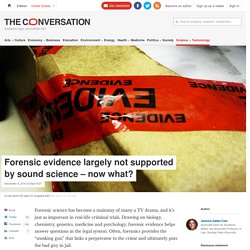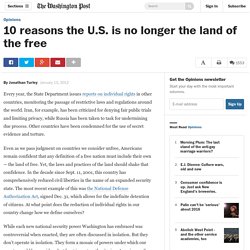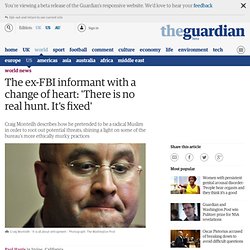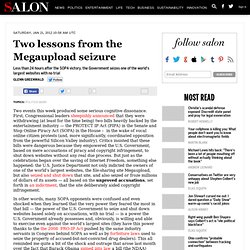

Forensic evidence largely not supported by sound science – now what? Forensic science has become a mainstay of many a TV drama, and it’s just as important in real-life criminal trials.

Drawing on biology, chemistry, genetics, medicine and psychology, forensic evidence helps answer questions in the legal system. Often, forensics provides the “smoking gun” that links a perpetrator to the crime and ultimately puts the bad guy in jail. Shows like “CSI,” “Forensic Files” and “NCIS” cause viewers to be more accepting of forensic evidence. As it’s risen to ubiquitous celebrity status, forensic science has become shrouded in a cloak of infallibility and certainty in the public’s imagination. It seems to provide definitive answers. But the faith the public and the criminal justice system place in forensic science far outpaces the amount of trust it deserves. For decades, there have been concerns about how the legal system uses forensic science. Is any forensic science valid? They were looking for two types of validity. Risks of lacking validity.
Prison Growth. The Drug War. Violent Crime. Legal Access. Jury Nullification. NDAA. Cases and Codes: Supreme Court Opinions. LII Supreme Court Collection: Historic decisions by topic. 10 reasons the U.S. is no longer the land of the free. Every year, the State Department issues reports on individual rights in other countries, monitoring the passage of restrictive laws and regulations around the world.

Iran, for example, has been criticized for denying fair public trials and limiting privacy, while Russia has been taken to task for undermining due process. Other countries have been condemned for the use of secret evidence and torture. Even as we pass judgment on countries we consider unfree, Americans remain confident that any definition of a free nation must include their own — the land of free. Yet, the laws and practices of the land should shake that confidence. In the decade since Sept. 11, 2001, this country has comprehensively reduced civil liberties in the name of an expanded security state. While each new national security power Washington has embraced was controversial when enacted, they are often discussed in isolation. These countries also have constitutions that purport to guarantee freedoms and rights. The ex-FBI informant with a change of heart: 'There is no real hunt. It's fixed' Craig Monteilh says he did not balk when his FBI handlers gave him the OK to have sex with the Muslim women his undercover operation was targeting.

Nor, at the time, did he shy away from recording their pillow talk. "They said, if it would enhance the intelligence, go ahead and have sex. So I did," Monteilh told the Guardian as he described his year as a confidential FBI informant sent on a secret mission to infiltrate southern Californian mosques. It is an astonishing admission that goes to the heart of the intelligence surveillance of Muslim communities in America in the years after 9/11. While police and FBI leaders have insisted they are acting to defend America from a terrorist attack, civil liberties groups have insisted they have repeatedly gone too far and treated an entire religious group as suspicious.
#Occupy Movement Being Labeled As "A Domestic Terror Organization" By FBI. John Stossel's Illegal Everything. Two lessons from the Megaupload seizure. Two events this week produced some serious cognitive dissonance.

First, Congressional leaders sheepishly announced that they were withdrawing (at least for the time being) two bills heavily backed by the entertainment industry — the PROTECT IP Act (PIPA) in the Senate and Stop Online Piracy Act (SOPA) in the House – in the wake of vocal online citizen protests (and, more significantly, coordinated opposition from the powerful Silicon Valley industry).
Critics insisted that these bills were dangerous because they empowered the U.S. Government, based on mere accusations of piracy and copyright infringement, to shut down websites without any real due process. But just as the celebrations began over the saving of Internet Freedom, something else happened: the U.S. In other words, many SOPA opponents were confused and even shocked when they learned that the very power they feared the most in that bill — the power of the U.S.
Judicial Corruption. Tutorial: Introduction to Restorative Justice — Why powerful people are rarely punished appropriately.